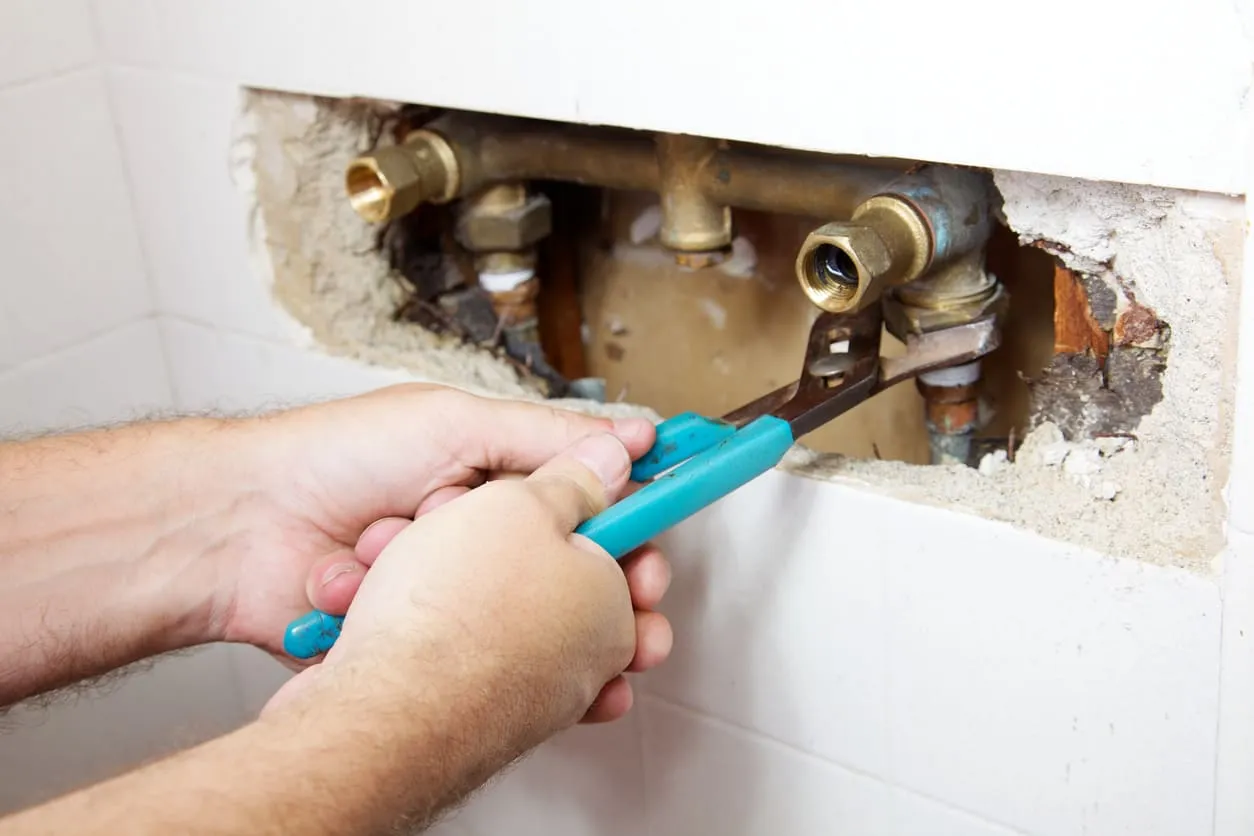CPOpen: Your Gateway to Current Affairs
Stay updated with the latest trends and insights across various topics.
To Fix or Not to Fix? The Great Plumbing Dilemma
Discover the real cost of DIY vs. hiring a pro for plumbing repairs. Don’t make a costly mistake—click to uncover the truth!
When to DIY: A Guide to Common Plumbing Issues
When faced with a plumbing issue, it's crucial to determine whether you can DIY or if it's best to call a professional. Common plumbing problems such as clogged drains, running toilets, and leaky faucets often lend themselves well to do-it-yourself solutions. For instance, if you're dealing with a minor clog, tools like a plunger or a snake can clear the blockage effectively. However, if the clog persists or if you notice water backing up in multiple drains, it's a sign that the problem is more serious and may require expert attention.
On the other hand, certain plumbing issues demand professional expertise and should never be attempted as a DIY project. Leaky pipes in walls or under floors, for example, can cause extensive damage if not handled correctly. Additionally, tasks such as replacing water heaters or working on sewer lines are both complex and potentially dangerous. When in doubt, prioritize safety and consider the long-term implications of your efforts. Investing in a qualified plumber can save you time and money, ensuring that your plumbing system remains in optimal condition.

The Cost-Effectiveness of Plumbing Repairs vs. Replacements
When faced with plumbing issues, homeowners often grapple with the decision of whether to pursue repairs or replacements. Understanding the cost-effectiveness of each option is crucial in making an informed decision. In many cases, minor issues such as leaky faucets or small pipe repairs can be effectively addressed with repairs, which typically cost less than a full replacement. According to industry guidelines, it is advisable to consider repairs for issues that can be resolved swiftly and have not resulted in significant damage. By opting for repairs, homeowners can save on both immediate expenses and future costs associated with major replacements.
On the other hand, some plumbing issues may indicate a need for a full replacement, especially if the system is old or has a history of repeated issues. Investing in a replacement might seem daunting due to its higher upfront costs; however, it can lead to long-term savings. New systems are usually more efficient, which means lower utility bills and reduced likelihood of frequent repairs. Moreover, many homeowners discover that opting for a replacement ultimately enhances property value and saves them from the ongoing hassle of inconsistent plumbing issues. In summary, evaluating the cost-effectiveness of plumbing repairs versus replacements requires careful consideration of the problem's nature, the age of the plumbing system, and potential long-term savings.
Top 5 Signs It's Time to Call a Plumber Instead of Fixing It Yourself
When it comes to home repairs, many homeowners often try to tackle plumbing issues themselves. However, there are important signs that indicate it's time to call a plumber instead of attempting a DIY fix. One major sign is persistent leaks. If you notice water pooling around fixtures or constant dripping from pipes, it's a clear indication that a professional's expertise is required. Another red flag is a sewage odor. If you detect a foul smell in your home, it could point to a serious blockage or leak that only a qualified plumber can address.
Additionally, consider seeking professional help if you experience frequent clogs or slow drains. While a plunger can often resolve minor blockages, recurring issues are a sign of deeper plumbing problems that need expert intervention. Lastly, if your water heater is making unusual noises, it's essential to call a plumber immediately to avoid potential damage or safety hazards. These indicators are crucial for maintaining your home's plumbing system and ensuring that minor issues do not escalate into major repairs.